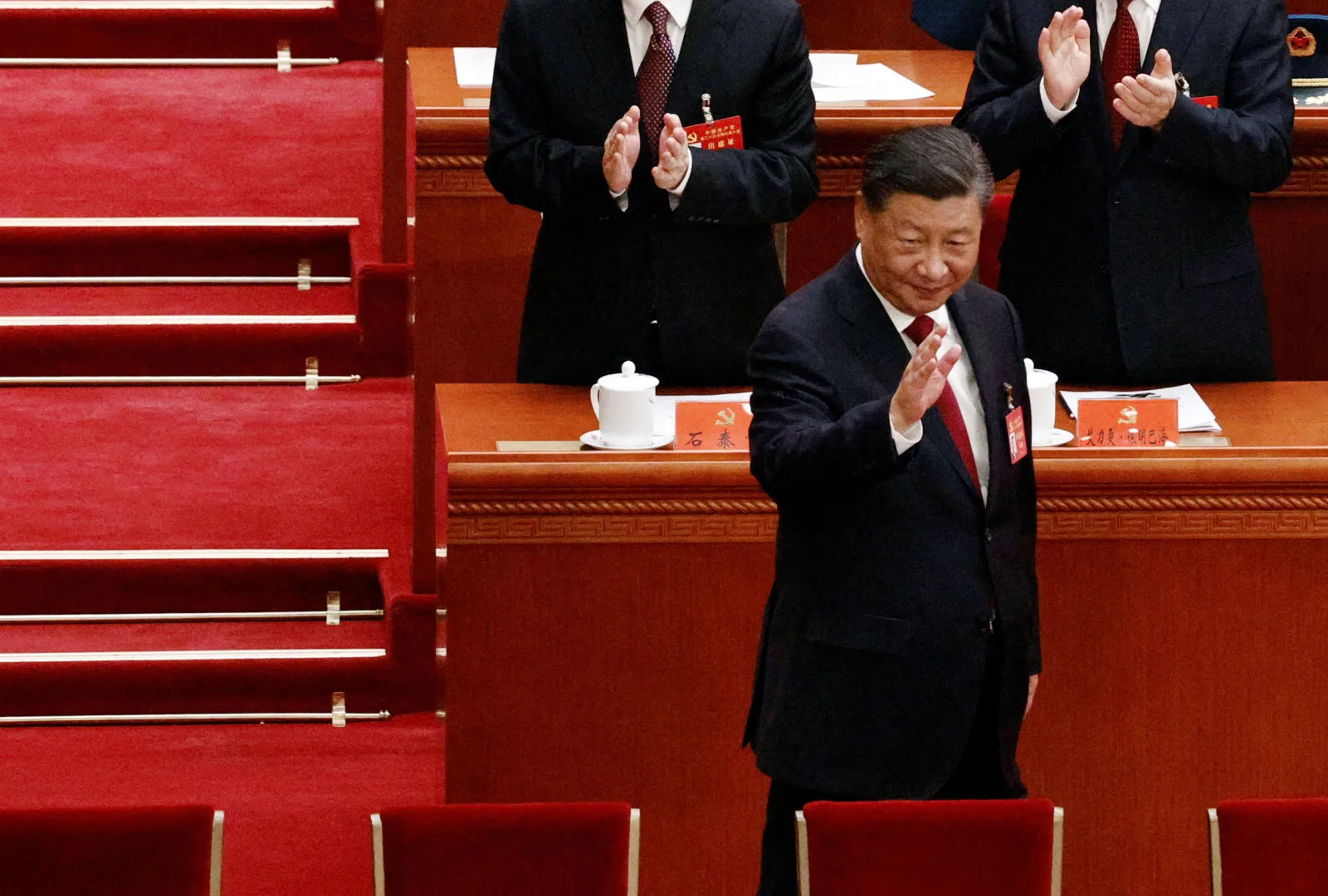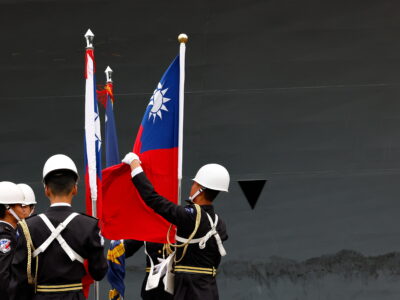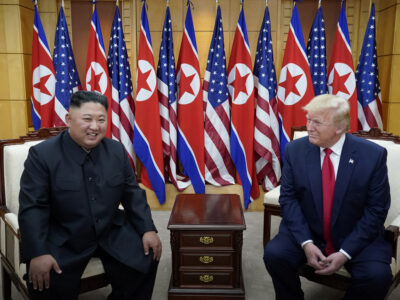What Does the 20th Party Congress Tell Us About the Future of China?
The Twentieth Party Congress of the Chinese Communist Party (CCP) — involving a major Political Report by CCP General Secretary Xi Jinping and immediately followed by an array of significant personnel changes — is an important bellwether of both Xi’s power and the fundamental policies that China will pursue in the years ahead. Is Xi’s power firm and growing? Will Beijing continue to behave on the basis of the long-standing notion that peace and development characterize the present era, or is it less optimistic and more inclined to be assertive and confrontational overseas? What are the implications of the Party Congress for Sino-US relations and global stability? Join us in addressing these questions with Michael Swaine, Director of the Quincy Institute’s East Asia Program, and Jake Werner, Quincy Institute Research Fellow. Kelley Beaucar Vlahos, Editorial Director for Responsible Statecraft, will moderate.
Program
Panelists

Michael D. Swaine
Michael D. Swaine, director of QI’s East Asia program, is one of the most prominent American scholars of Chinese security studies. He comes to QI from Carnegie Endowment for International Peace, where he worked for nearly twenty years as a senior fellow specializing in Chinese defense and foreign policy, U.S.-China relations, and East Asian international relations. Swaine served as a senior policy analyst at the RAND Corporation. Swaine has authored and edited more than a dozen books and monographs, including Remaining Aligned on the Challenges Facing Taiwan (with Ryo Sahashi; 2019), Conflict and Cooperation in the Asia-Pacific Region: A Strategic Net Assessment (with Nicholas Eberstadt et al; 2015) and many journal articles and book chapters. Swaine is directing, along with Iain Johnston of Harvard University, a multi-year crisis prevention project with Chinese partners. He also advises the U.S. government on Asian security issues. Swaine received his doctorate in government from Harvard University and his bachelor’s degree from George Washington University.

Jake Werner
Jake Werner is a Research Fellow at the Quincy Institute. His research examines the emergence of great power conflict between the US and China and develops policies to rebuild constructive economic relations. Prior to joining QI, Jake was a Postdoctoral Global China Research Fellow at the Boston University Global Development Policy Center, a Harper-Schmidt Fellow at the University of Chicago, a Fulbright Scholar at National Chiao Tung University in Taiwan, and a Fulbright-Hays Fellow at East China Normal University in Shanghai. He received his PhD in history from the University of Chicago. Jake is also a cofounder of Justice Is Global, a project of the organizing network People’s Action that advocates for reforms to the global economy; a cofounder of Critical China Scholars, a network of academics engaged in public education on Chinese politics and society; and a steering committee member of the Committee for a Sane US–China Policy. His writing has appeared in publications like Foreign Affairs, The Nation, Boston Review, and The Guardian.

Kelley Beaucar Vlahos (Moderator)
Kelley Beaucar Vlahos is a senior advisor at the Quincy Institute and editorial director of its online magazine, Responsible Statecraft. Previously she served as executive editor, managing editor, and longtime foreign policy/national security writer at The American Conservative magazine. She also spent 15 years as an online political reporter at Fox News.



